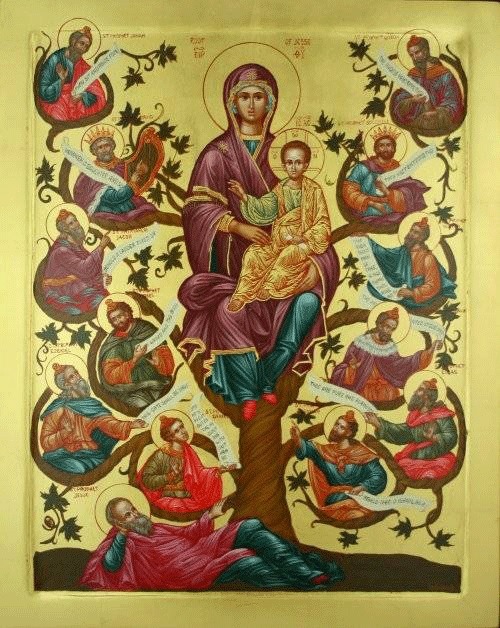 The Gospel this Sunday presents us with an abundance of names, all those who were the ancestors of Christ. By this we see that on this feast, the Son and Word of God becomes a part of the human family and a part of human history. In this Gospel Jesus is also given a name, the final verse tells us that the child will be known as Jesus – Savior. In verse 22, though, he is given the name “Immanuel,” “God with us.” This gives us the theological meaning of the feast, the incarnation signifies our deification.
The Gospel this Sunday presents us with an abundance of names, all those who were the ancestors of Christ. By this we see that on this feast, the Son and Word of God becomes a part of the human family and a part of human history. In this Gospel Jesus is also given a name, the final verse tells us that the child will be known as Jesus – Savior. In verse 22, though, he is given the name “Immanuel,” “God with us.” This gives us the theological meaning of the feast, the incarnation signifies our deification.
We all have names, but for the ancients, names had meanings, they did not simply give us an identification tag, but told us something of who we were. In that sense, we do not name ourselves, but we are given a name, we are all “called by name” by God, and so we enter into the ancestry of Jesus. The names are the forefathers of Jesus, but also the foremothers are mentioned: Tamar, who bore a son by trickery of Judah; Ruth, the grandmother of David, who left her people to follow Naomi; the unnamed wife of David, Bathsheba, who David married by arranging for the death of Uriah. We see, then, that even trough questionable and evil actions, as well as by faithfulness, Jesus becomes “the son given to us.” The greatest of the woman in his genealogy is, of course, Mary, his mother, who by her obedience cancelled the curse of Eve, and united God with humanity in her womb.
Today, we celebrate the Son of Abraham, according to the Law, and the Son of David, the everlasting King, to whom even David bowed, and even the Son of exile, for we are all citizens of the spiritual, not the earthly, Jerusalem. Today we must be named as a follower of Christ.
Meditation by Archpriest David Petras
#ByzantineCatholicNewHaven
#ByzantineCatholicCT
#ByzantineCT
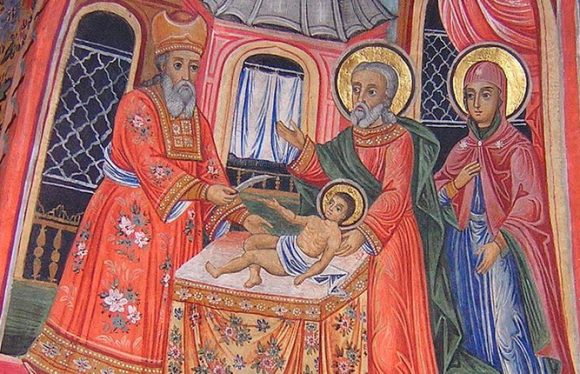
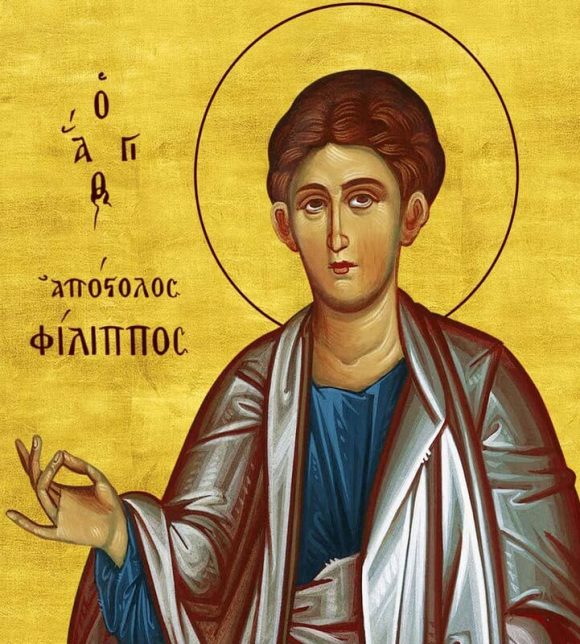
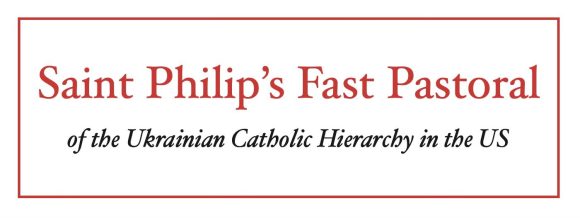
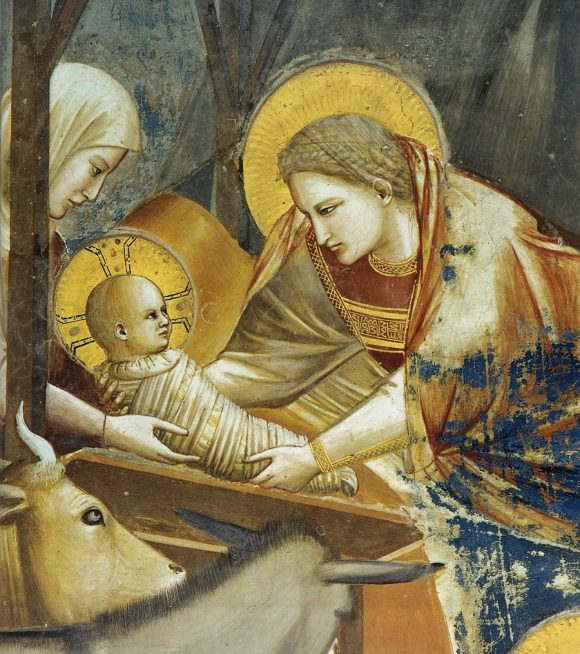
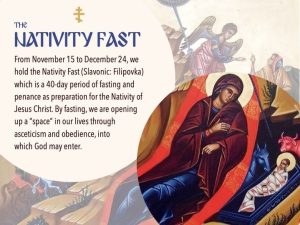

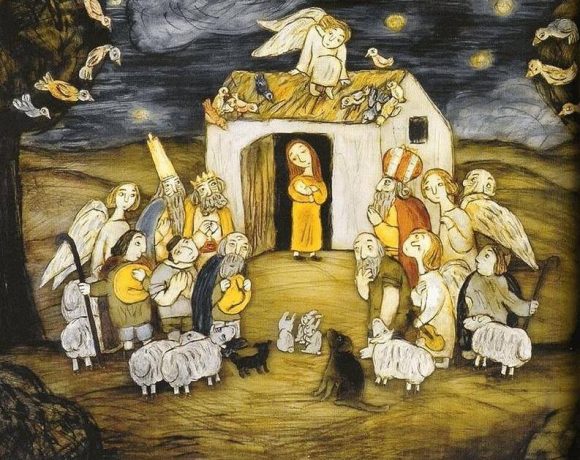
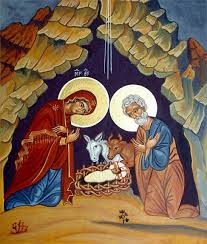 Lord Jesus, You have come so many times to us and found no resting place; forgive us for our overcrowded lives, our vain haste, and our preoccupation with self. Come again, O Lord, and though our hearts are a jumble of voices and our minds overlaid with many fears, find a place however humble, where You can begin to work Your wonder as You create peace and joy within us. If in some hidden corner, in some out-of-the-way spot, we can clear away the clutter and shut out the noise and darkness, come be born again in us, and we shall kneel in perfect peace with the wisest and humblest of men.
Lord Jesus, You have come so many times to us and found no resting place; forgive us for our overcrowded lives, our vain haste, and our preoccupation with self. Come again, O Lord, and though our hearts are a jumble of voices and our minds overlaid with many fears, find a place however humble, where You can begin to work Your wonder as You create peace and joy within us. If in some hidden corner, in some out-of-the-way spot, we can clear away the clutter and shut out the noise and darkness, come be born again in us, and we shall kneel in perfect peace with the wisest and humblest of men.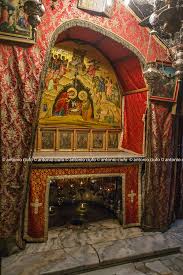 All Christian churches prepare for the feast of the birth of Christ by some sort of period of penance. The Western church calls this the period of Advent, connected with the Latin word for “come,” since we are waiting for Christ to come into our lives. We may be celebrating an event in the past, the birth of Jesus, the first coming of God into our world, but we are also celebrating the present, God coming into our own lives and into the world of today, and the future expectation of Christ’s second coming, when he will come in glory to judge tote world in righteousness.
All Christian churches prepare for the feast of the birth of Christ by some sort of period of penance. The Western church calls this the period of Advent, connected with the Latin word for “come,” since we are waiting for Christ to come into our lives. We may be celebrating an event in the past, the birth of Jesus, the first coming of God into our world, but we are also celebrating the present, God coming into our own lives and into the world of today, and the future expectation of Christ’s second coming, when he will come in glory to judge tote world in righteousness.